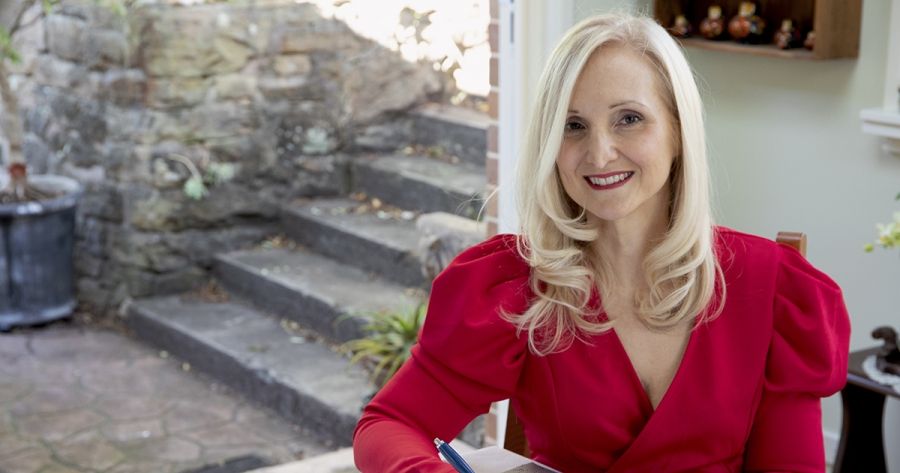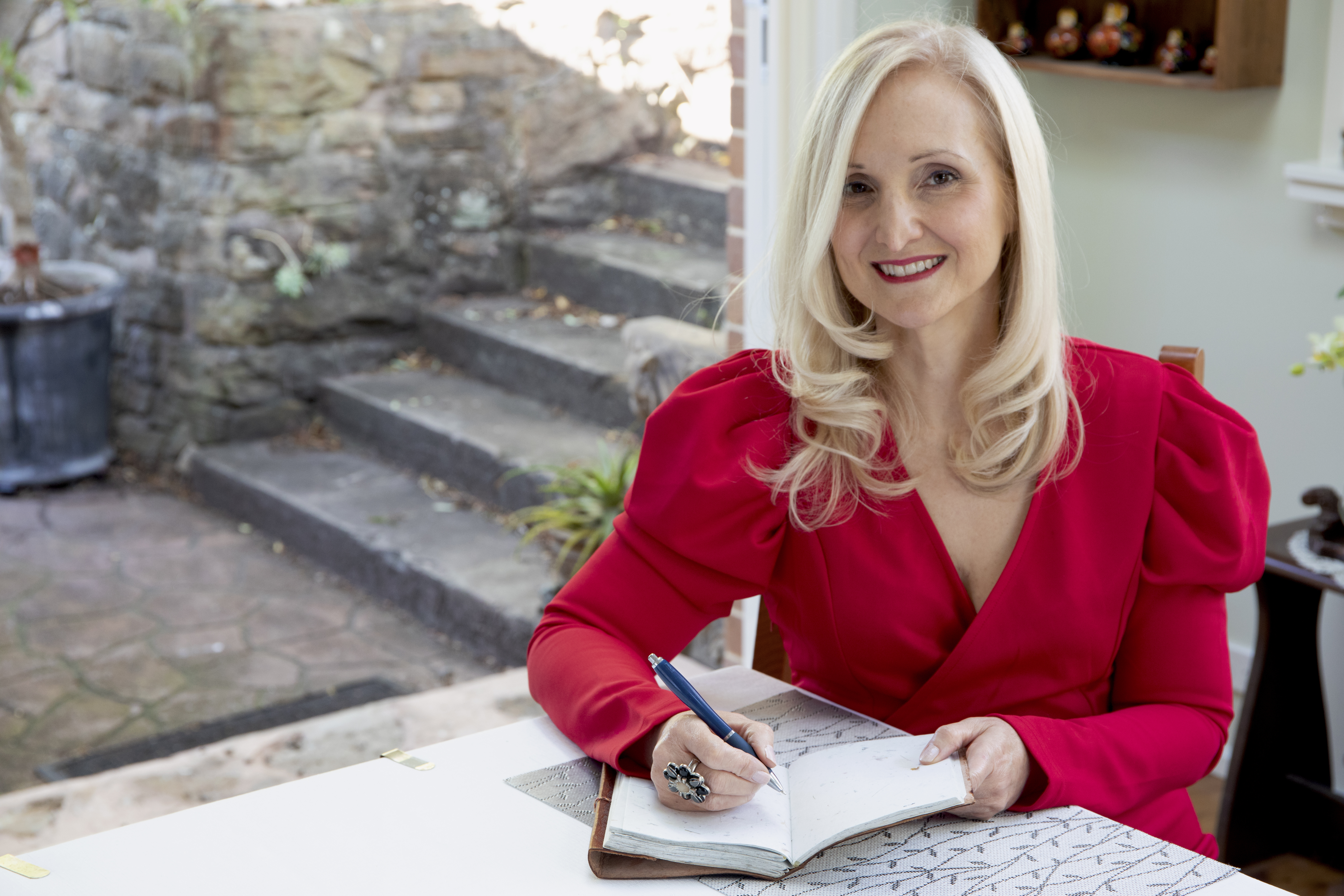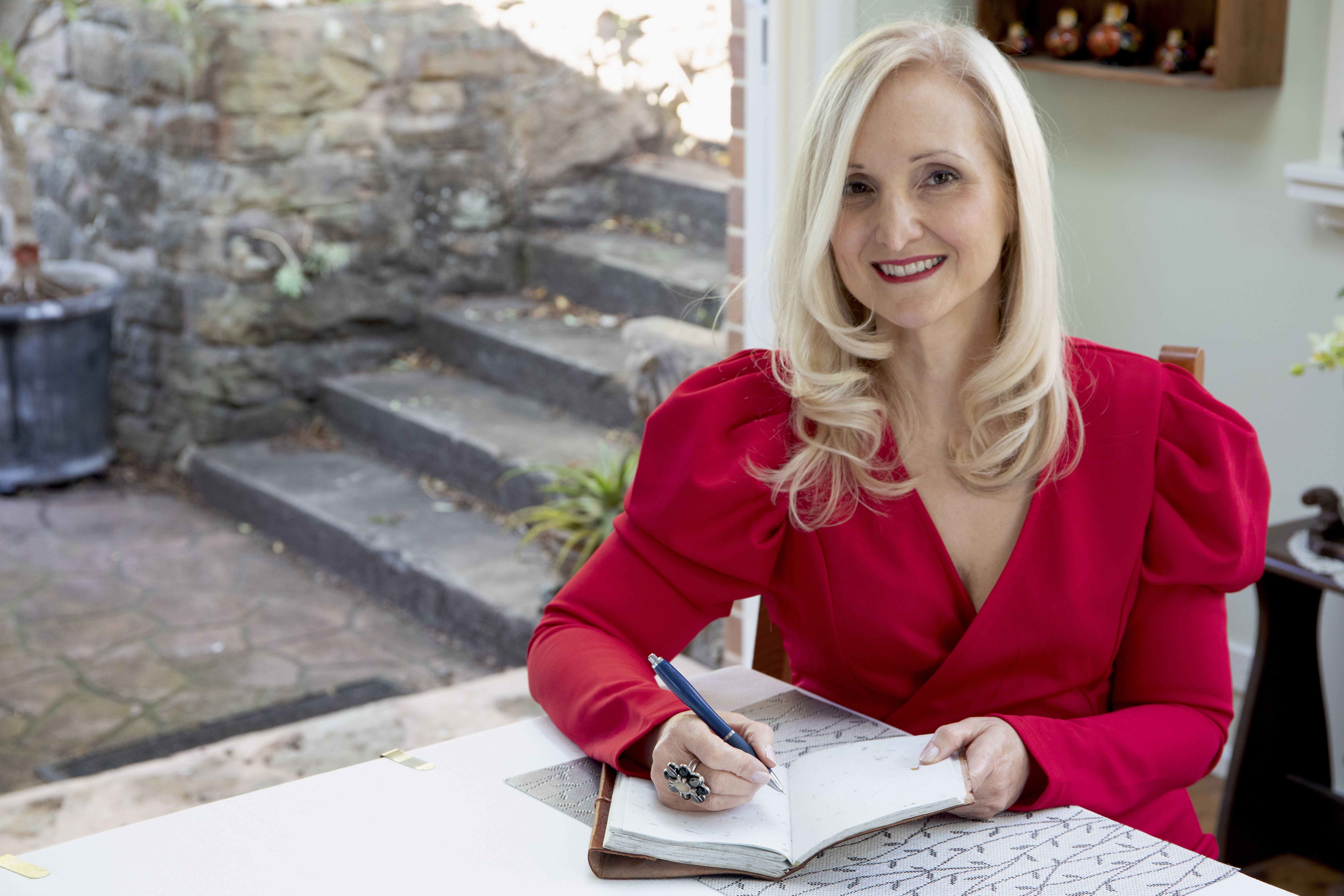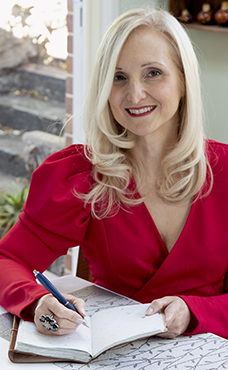
- Free Article: No
- Contents Category: Open Page
- Custom Article Title: An interview with Belinda Alexandra
- Review Article: Yes
- Article Title: An interview with Belinda Alexandra
- Online Only: No
- Custom Highlight Text:
Belinda Alexandra is the daughter of a Russian mother and an Australian father and has been an intrepid traveller since her youth. Her love of other cultures is matched by her passion for her home country, Australia, where she is a volunteer rescuer and carer for the NSW Wildlife Information Rescue and Education Service (WIRES). She is the author of twelve books, including ten historical novels and two works of non-fiction. Her latest book is the memoir Emboldened: On finding the fire to keep going when all seems lost (Affirm Press, 2023).
- Article Hero Image (920px wide):

- Article Hero Image Caption: (Paul Wesley Photography)
- Featured Image (400px * 250px):

- Alt Tag (Featured Image): Open Page with Belinda Alexandra
If you could go anywhere tomorrow, where would it be, and why?
A round trip from Paris to San Francisco to New Orleans. I love those cities for their literature, architecture, history, and the charisma of their inhabitants.
What’s your idea of hell?
The supermarket meat department: all those poor animals who have died in myriad horrible ways, and human beings walking around selecting which leg, liver, or kidney to eat as if that’s completely normal and not macabre.
What do you consider the most specious virtue?
Being overly agreeable. It makes me think the person doesn’t stand for anything or that they might explode with passive-aggressive rage at any moment.
What’s your favourite film?
Paolo Sorrentino’s La Grande Bellezza (The Great Beauty, 2013). The plot is a bit all over the place, but it is spectacular.
And your favourite book?
Great Expectations.
Name the three people with whom you would most like to dine
My Russian grandparents and my great-stepfather. My mother told me so many stories about them, but I never got to meet them in real life.
Which word do you most dislike, and which one would you like to see back in public usage?
‘Prudence’ (dislike intensely). ‘Henceforth’ (would love to use this in speech as well as the written word).
Who is your favourite author?
Charles Dickens.
And your favourite literary hero or heroine?
Jo March.
Which quality do you most admire in a writer?
Compassion.
Which book influenced you most in your youth?
Snugglepot and Cuddlepie by May Gibbs. It gave me a lifelong love of Australian fauna and flora.
Name an early literary idol or influence whom you no longer admire – or vice versa.
I couldn’t stand studying Jane Austen novels at school. Now I appreciate her astute social observations and her wicked sense of humour.
Do you have a favourite podcast?
I am eclectic in my podcast listening. I do like Stuff You Missed in History Class and Stuff You Should Know and other podcasts along those lines, for story inspiration. Although I don’t write crime novels, I confess to sometimes gravitating towards true crime podcasts. I am well aware that monsters walk among us, but for some reason I feel the need to remind myself of that fact.
What, if anything, impedes your writing?
Hunger – everything else I can more or less ignore.
What qualities do you look for in critics, and which ones do you enjoy reading?
I like a critic who engages with all the elements of a work and writes in an engaging, conversational style. I like to feel that the critic is aware they are writing for an audience, and not just themselves.
How do you find working with editors?
The editing stage is my favourite part of producing a book. I like the collaborative effort to make the book the best it can be. I’ve had good relationships with all my editors. I felt they were all sympathetic to what I was trying to achieve.
What do you think of writers’ festivals?
It’s fun to engage with readers and other writers. All the ones I have attended have been well-organised and had a buzz of excitement about them.
Are artists valued in our society?
Yes – and no! Everybody wants to be one, but few people want to pay professional ones for their talent and time.
What are you working on now?
A novel set in postwar France, where a young woman is trying to defend her father against the accusation of selling a valuable artwork to Hitler’s dealer during the occupation and murdering the rightful owner in order to obtain it.



Comments powered by CComment